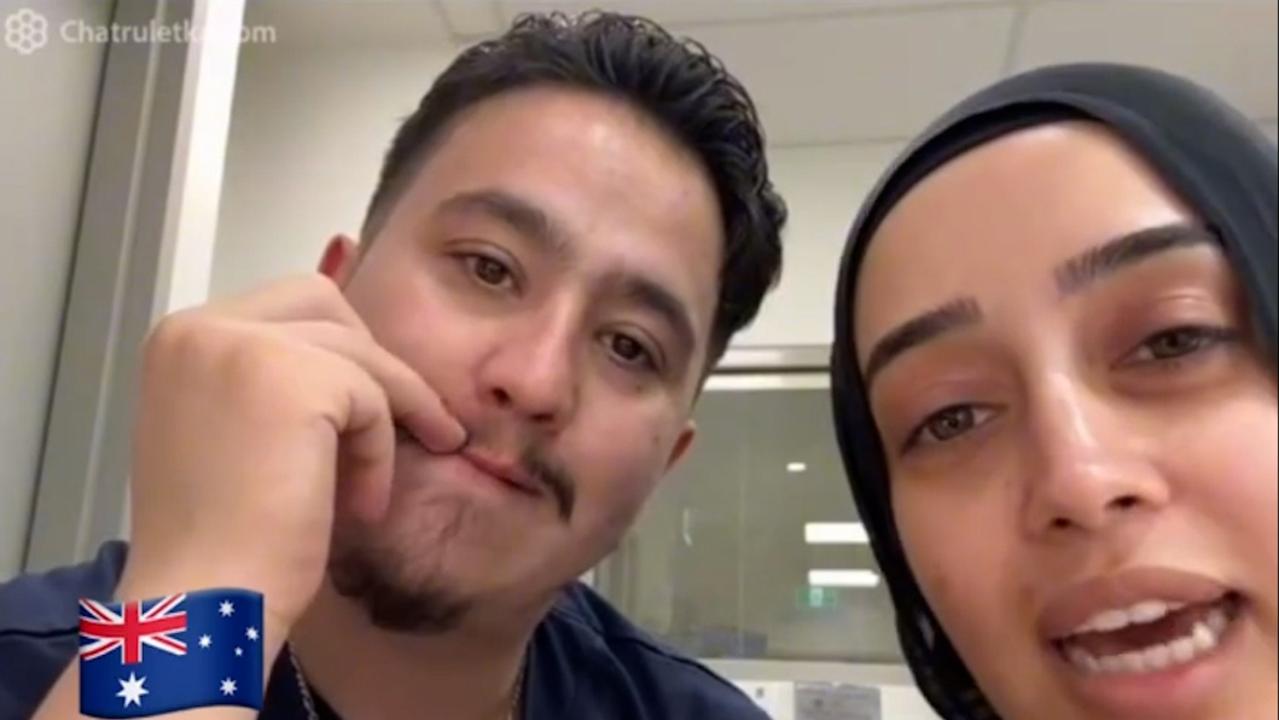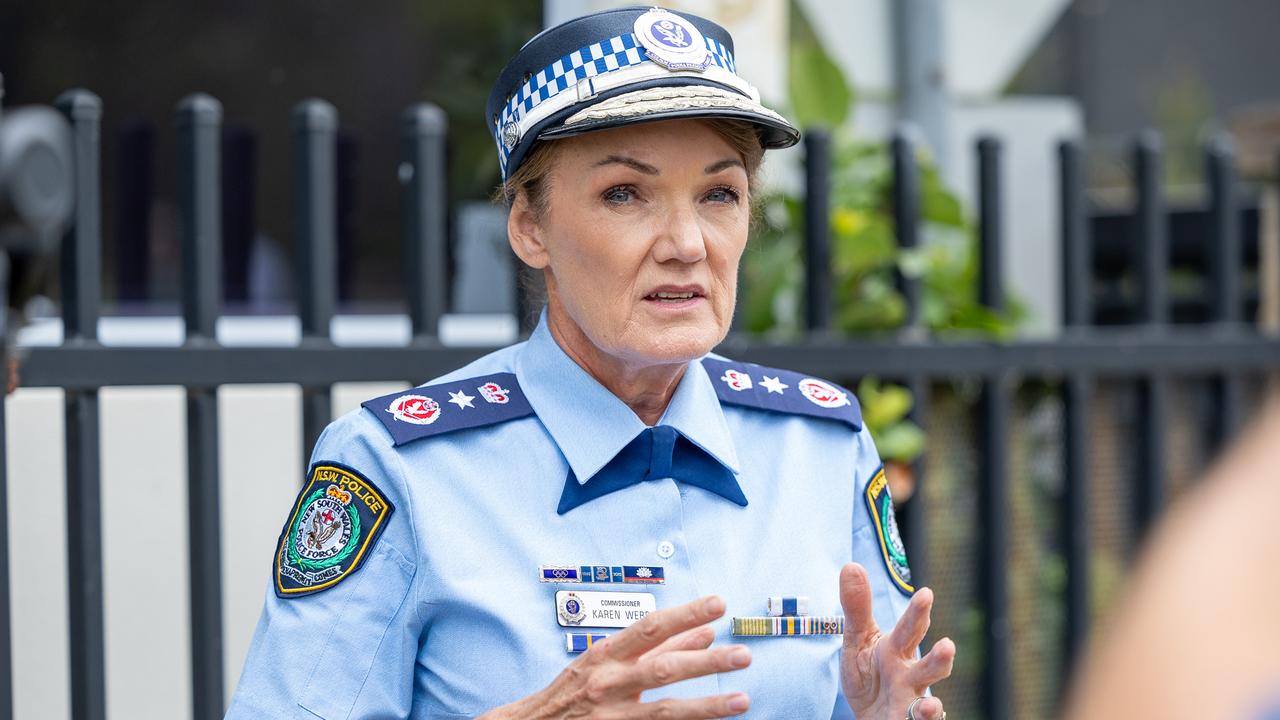How a Sydney bottle sniffer named Errol Flynn became a movie star
The bottle sniffer in the Sydney soft drink factory did a bit of modelling on the side and it was his habit of taking off his shirt that earned him his big break
His job as a bottle sniffer at a Sydney soft drink factory involved taking a whiff of empty bottles returned by customers for refilling to ascertain if they had been used to hold kerosene or other harmful materials.
A positive test meant the bottles needed to be washed.
It was boring work, but it was neither his first job nor was he starting at the bottom of the industry and planning on working his way up.
The young Errol Flynn hadn’t decided on a career, but during those long hours of drudgery his mind strayed to past jobs as a sanitation inspector, a gold digger in New Guinea, and as a member of an expedition up the Sepik River and adventures sailing a schooner.
When he wasn’t sniffing he was modelling for suit maker R.C. Hagon, his face often plastered on the advertisements screened in cinemas before the movie. Young Flynn was saving his money for the old racing yacht he had bought and named the Sirocco.
In 1930 he sailed out of Sydney on the Sirocco, heading back to New Guinea, but when an offer of £50 plus expenses came in to play Fletcher Christian in a film he returned. It was a decision that changed his life.
Born 110 years ago today, Flynn’s life before he became a Hollywood film star was constantly changing direction and landing him in strife.
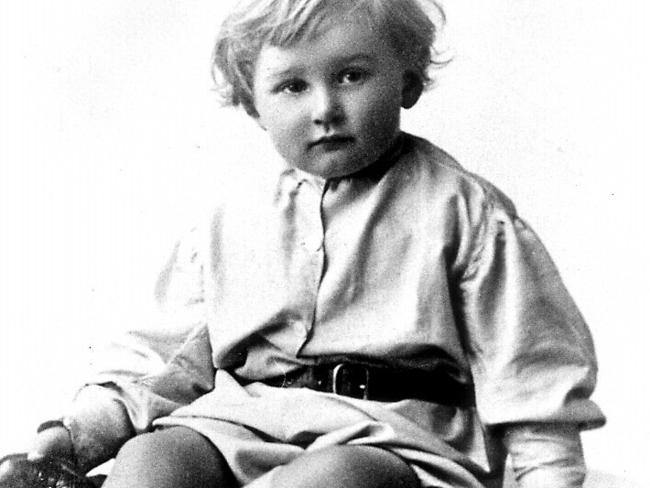
Born Errol Leslie Thomson Flynn on June 20, 1909, in Tasmania, he was the son of biologist Theodore Thomson Flynn and his wife Marelle (nee Lily Young).
Flynn seemed to have seafaring in his veins. At six he stole a rowboat and ran away from home. While his father found Flynn’s antics amusing his mother was always horrified,
thinking him some kind of degenerate, and he grew up despising her.
When his father went to London in the early 1920s and stayed for two years Errol went with him by boat. He was sent to an English boarding school where he often got into fights. When the family returned to Australia he went to a prestigious grammar school on Sydney’s north shore, but the fighting didn’t stop and he was eventually expelled.
He got a job as a clerk at a company that dealt in wool, but was fired for stealing money from petty cash. When a workmate, a member of a Razor Gang, was found with his throat cut, Flynn decided to head for New Guinea having read
in a newspaper about people striking gold there.
He scraped together the money for the fare and landed in Rabaul in 1927. Bluffing his way into the job of sanitation inspector, he was later sent to investigate a murder before quitting to dig for gold. When that didn’t pay he got a job running a copra plantation, during which he had to put 12 indigenous workers on trial for murder and sentence them to death.
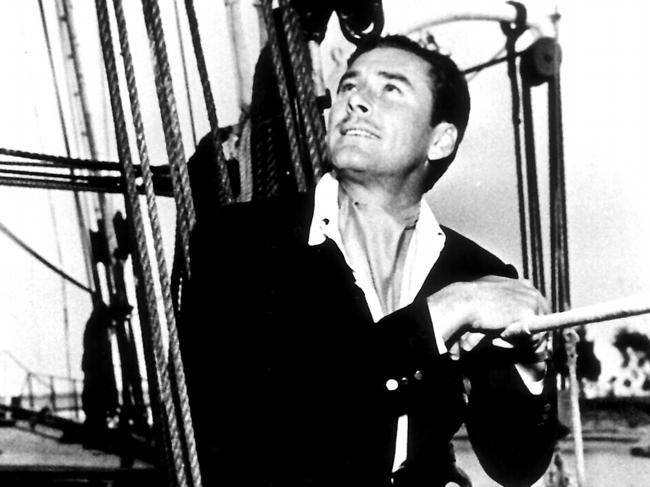
He then spent time as a fisherman, using dynamite to blow fish out of the water, but gave that up when he saw other fishermen, who used the same method, had lost limbs. He and a friend bought the schooner Maski and used it to ferry copra and then passengers.
That led to a commission for Flynn and the Maski to join an expedition up the Sepik River, under Dr Herman Erben, an Austrian physician who later served in the Germany military intelligence.
Having been told part of the reason for the expedition was to collect footage for a Hollywood film, Flynn spent much of the trip with his shirt off posing for the cameras. The real reason for the expedition was to survey the region in case of aggression by the Japanese.
The money Flynn made from the expedition allowed him to buy a stake in a gold claim but he lost his money when no gold was found on the land.
MORE
Forced to find work as a jungle guide, he was attacked by head hunters on a trip and shot one dead, resulting in his trial for murder. He defended himself in court and the charges were eventually dropped.
He then had to seek treatment for a case of sexually transmitted disease, but he had left it too long for local doctors to treat and was forced to head back to Sydney. He was recovering from his illness and running out of
cash when he got the job sniffing bottles and modelling suits.
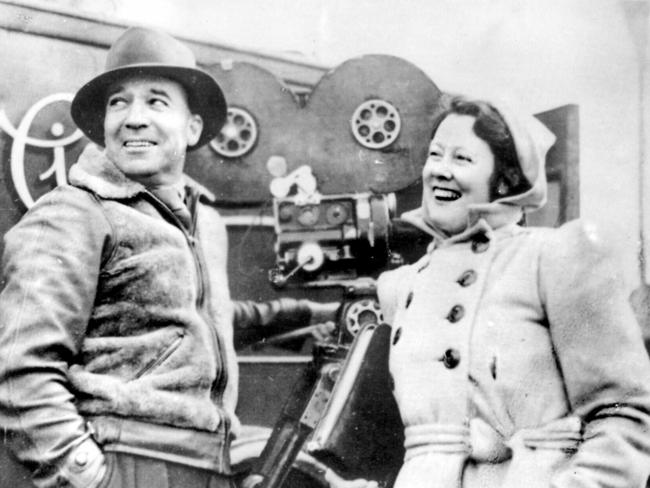
But as luck would have it Dr Erben was a friend of film producer Charles Chauvel and he showed Chauvel footage of the Sepik expedition. Spotting the handsome, shirtless Flynn, Chauvel thought him suitable for the role of Fletcher Christian in scenes recreating the Bounty Mutiny for his documentary In The Wake of the Bounty.
When Erben told Chauvel that Flynn had told him he was a descendant of the real Christian (one of the lies Flynn liked to tell) his mind was made up.
Flynn was hired and while the film was no hit, Flynn caught the acting bug and now knew what he wanted to do with the rest of his life.


